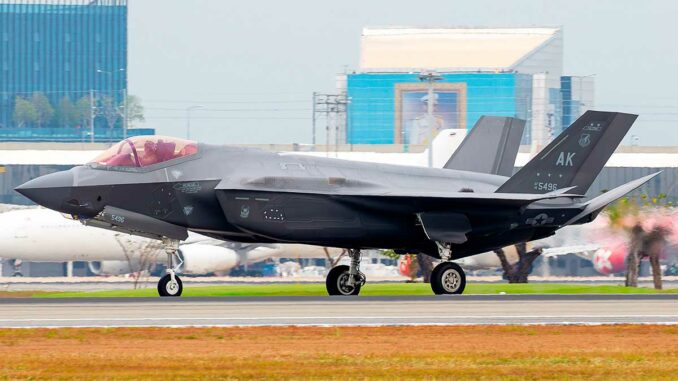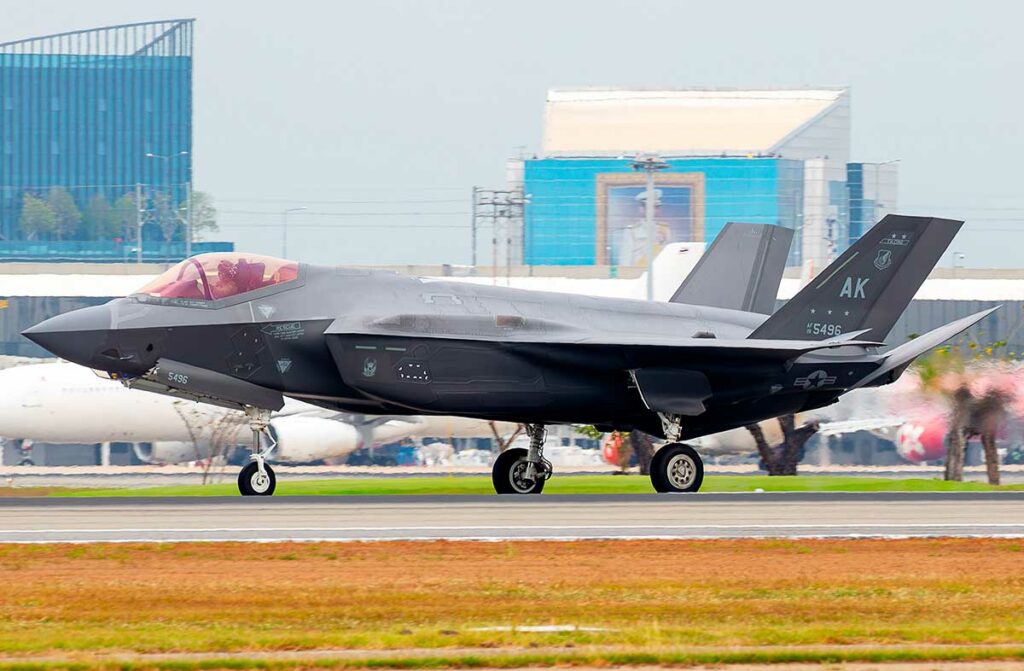
Analysis of the legal and ethical implications of integrating artificial intelligence into fighter jet weapon systems.
The integration of artificial intelligence (AI) into fighter jet weapon systems is profoundly transforming the conduct of military operations. This evolution raises complex legal and ethical questions, particularly with regard to responsibility, compliance with international humanitarian law, and the morality of decisions made by machines. As technologies advance rapidly, regulatory frameworks are struggling to keep pace, leaving a worrying gap in the governance of these systems. This article examines in detail the legal and ethical implications of the use of AI in fighter jet weapon systems, drawing on concrete examples and expert analysis.
Existing legal frameworks and their limitations
International humanitarian law and AI
International humanitarian law (IHL) is based on principles such as the distinction between combatants and civilians, the proportionality of attacks, and military necessity. The integration of AI into fighter jet weapon systems calls into question the ability of these systems to comply with these principles. For example, autonomous target selection by AI may not be able to distinguish correctly between a combatant and a civilian, especially in complex environments.
Legal responsibility in the event of an incident
One of the major challenges is determining responsibility in the event of an error or damage caused by an autonomous weapons system. If AI makes a decision that results in civilian casualties, who is responsible? The algorithm designer, the aircraft manufacturer, the military operator, or the state? This question remains largely unanswered, creating a worrying legal gray area.
International regulatory initiatives
Discussions are underway at the United Nations to establish standards on the use of autonomous weapons systems. However, differences between member states on the definition and regulation of these systems are slowing progress. Some countries are calling for a total ban, while others support a more flexible approach, focused on developing non-binding guidelines.
The ethical dilemmas of lethal autonomy
Delegating the decision to kill
Entrusting an AI with the decision of life or death raises fundamental ethical questions. Even if an AI can act without emotion, this does not guarantee moral decision-making. A machine’s ability to understand context, show compassion, or assess complex situations remains limited.
Algorithmic bias and its consequences
AI algorithms are trained on data sets that may contain biases. In a military context, this can lead to discriminatory or erroneous decisions with potentially serious consequences. For example, a biased facial recognition system could mistakenly identify a civilian as a threat, leading to an unjustified attack.
The erosion of moral responsibility
The use of autonomous weapons systems can dilute the moral responsibility of human operators. If an AI makes a wrong decision, humans may be tempted to blame the machine, thus avoiding necessary introspection on the choices and actions taken.

Technical and operational challenges
The reliability of autonomous systems
AI systems can exhibit unpredictable behavior, particularly due to the complexity of algorithms and varied operational environments. Technical failures or programming errors can lead to serious consequences, such as accidental strikes or loss of control.
Cybersecurity and vulnerability to attacks
Autonomous weapons systems are susceptible to cyberattacks. Malicious intrusion could alter the functioning of AI, causing it to make dangerous decisions or disclose sensitive information. Securing these systems is therefore a top priority.
Interoperability and human-machine coordination
The integration of AI into military operations requires close coordination between machines and human operators. Interoperability issues may arise, particularly when there is a disagreement between AI recommendations and human decisions. Ensuring clear communication and mutual understanding is essential to avoid costly mistakes.
Future prospects and recommendations
Towards ethical governance of military AI
It is imperative to develop robust ethical frameworks to guide the use of AI in weapons systems. This includes establishing clear principles on accountability, transparency, and human oversight. Independent ethics committees could be established to evaluate systems prior to deployment.
The need for international cooperation
Given the challenges posed by military AI, international cooperation is essential. States must work together to develop common standards, share best practices, and prevent an AI-based arms race. International treaties could be considered to regulate the development and use of these technologies.
The importance of responsible research and innovation
Researchers and developers have a crucial role to play in designing ethical and safe AI systems. This requires paying particular attention to the quality of training data, the transparency of algorithms, and the implementation of effective control mechanisms. Responsible innovation is key to harnessing the benefits of AI while minimizing the risks.
The integration of artificial intelligence into fighter jet weapon systems offers significant opportunities to improve the efficiency and accuracy of military operations. However, it also raises complex legal and ethical questions that require urgent attention. It is essential to develop robust regulatory frameworks, promote ethical governance, and foster international cooperation to ensure that the use of AI in the military sphere respects fundamental principles of law and morality.
War Wings Daily is an independant magazine.